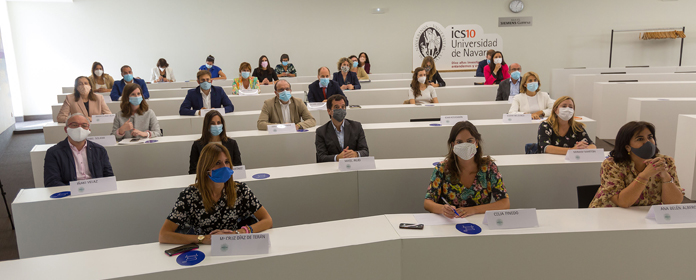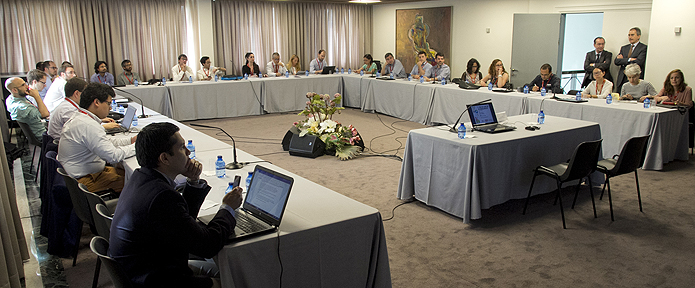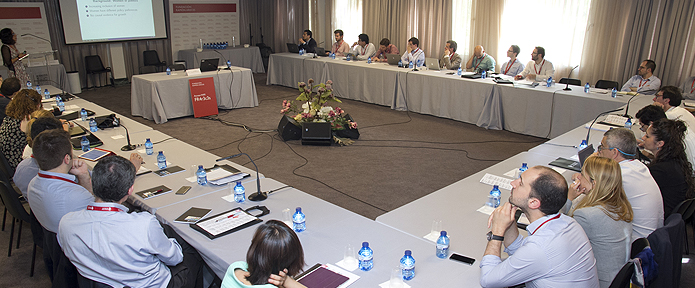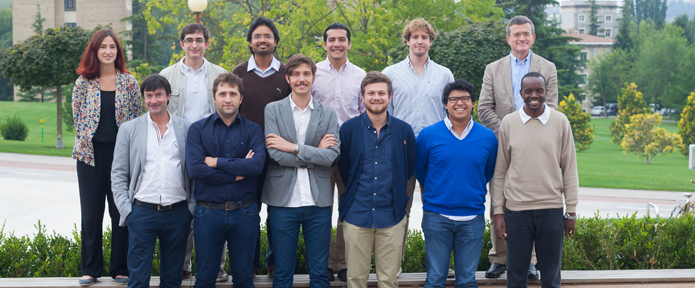Families with networks of contacts get more favors to access public goods, suggests research in the Philippines
Julien Labonne, a professor at Oxford and Yale, gave a seminar at the NCID of the Institute for Culture and Society

Julien Labonne, Adjunct Professor of Economics and Public Policy at the University of Oxford and Adjunct Professor in Social Sciences at Yale University, presented a paper on 'Family Networks and Distributive Politics' at the University of Navarra. research at the University of Navarra on 'Family networks and distributive policies'. The expert was invited by the Navarra Center for International Development (NCID) of the University of Navarra. Institute for Culture and Society.
The expert spent two years researching how in the Philippines, families with networks of contacts obtained more favors from mayors, such as better access to health care or school scholarships. According to Julien Labonne, these families were important, as they were able to influence their social circles.
"In this work we have seen that politicians try to provide goods and services to people able to establish alliances with other families around them so that they can help them in the future," said the researcher.
This "exchange of favors" has a greater presence in regions where there is greater political rivalry, Labonne indicated. "We cannot prove it with the data we have, but one could think that these families can influence at election time," he explained.
Small scaleThe study was conducted in small municipalities in the Philippines, where the population is around 25,000. According to the expert, the small population and the fact that families have been living there for many years makes it easier for politicians to know which families are important.
"We have studied family networks in the Philippines because we think they are socially relevant in this context, but our results may also be applicable to other countries where ties are different," adds researcher.





